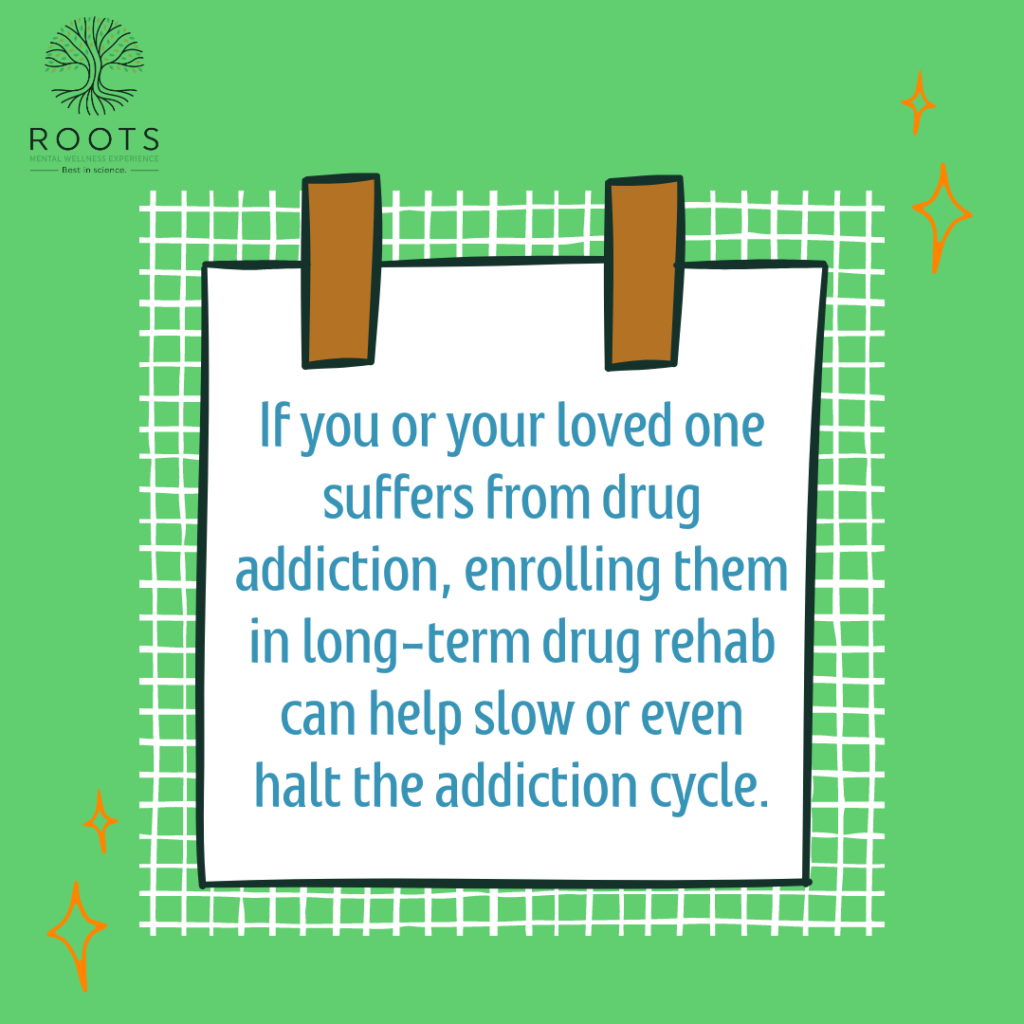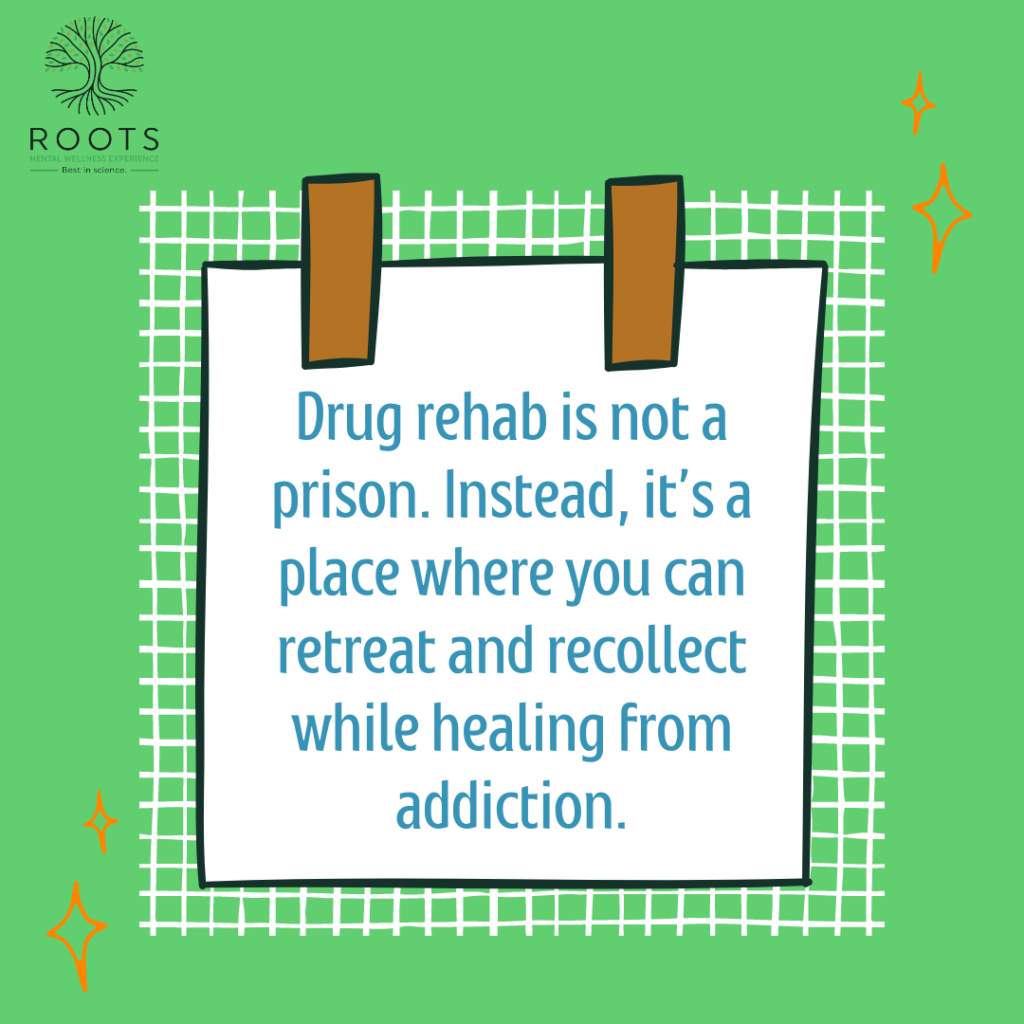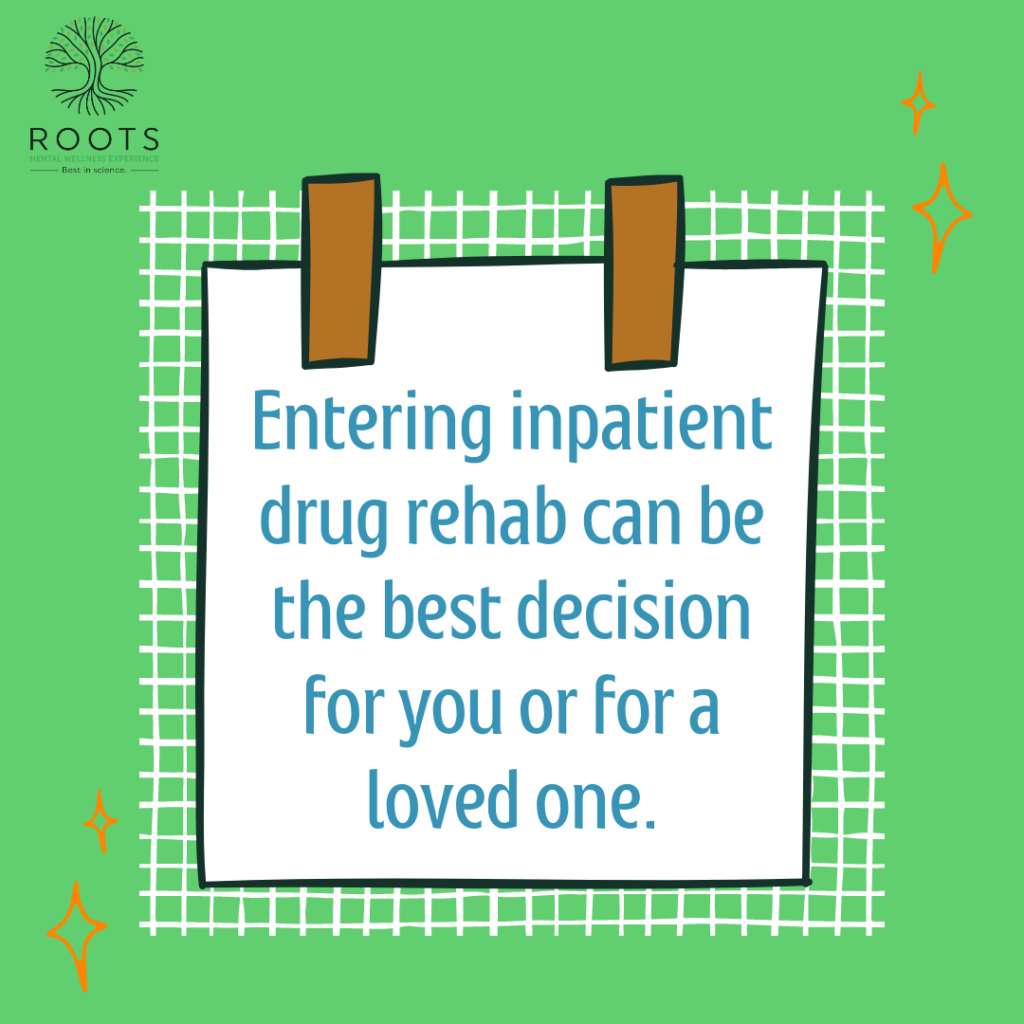As new drugs come into the market, newer types of addiction arise. The development of new drugs makes it harder for drug rehab facilities to treat drug addiction.
But with the advancements in psychiatry, psychology, and drug abuse interventions, the field of medicine isn’t lagging in the fight since drug rehab is developing programs to accommodate particular addiction cases.
If you or your loved one suffers from drug addiction, enrolling them in long-term drug rehab can help slow or even halt the addiction cycle. Though treatments can’t cure addiction, drug rehab can help addicts find a better way of life outside the influence of drugs.
Long-term drug rehab requires patients to be fully admitted and treated within a licensed drug treatment facility over a given period. This treatment approach offers several benefits, including professional assistance, continued abstinence, and healthy lifestyle changes.
This article will discuss long-term rehab and how it helps chronic abusers recover.

What is Long-Term Rehab?
Long-term drug rehab is a treatment program that takes at least three to 12 months to finish. During long-term rehab, patients transfer to a drug treatment facility where they live and stay for the duration of the treatment. They’ll receive 24-hour care and living assistance. This rehab confines the patient inside the facility until they complete the program.
Treatment facilities offer different therapies, self-directed activities, and assisted activities to help the patient recover. These facilities have skilled medical professionals who supervise initial to midterm treatment and counselors who help patients transition to independent living as they finish the rehab program.
Three months is the shortest treatment program, but some drug addicts often need at least six months to heal partially. If you are the loved one of a patient admitted to a long-term rehab facility, always put to heart that staying in long-term treatment for three or six months doesn’t guarantee 100% recovery. Healing continues outside the rehab facility through community and family support.

What Do Long-term Rehab Facilities Look Like?
Drug rehab facilities aren’t mental asylums like what you see in films. Rehab facilities offer decent accommodation and living arrangements. You can live alone or with a roommate depending on available accommodation arrangements.
However, expect that solo rooms can be more expensive. But if you want to connect with others, living with a roommate can make the recovery journey more meaningful. Who knows? Your roommate can be your accountability partner after you finish the treatment program.
Long-term drug rehab facilities also have common areas where you can socialize with others during your free time. Drug rehab is not a prison. Instead, it’s a place where you can retreat and recollect while healing from addiction. There will be daily programs where you’ll have to attend one-on-one sessions or group sessions. You might share the same program or sessions with other patients.

What Treatment Options are Employed in Long-Term Rehab Programs?
There are various treatment options in long-term inpatient drug rehab. The treatment would depend on the patient’s case and medical condition. Treatment programs involve psychotherapy and group therapy. Depending on the prescribed treatment, the patient will meet a psychiatrist for psychotherapy that might last for one to two hours.
For new patients, there may be detoxification during the first few weeks of treatment. It usually takes at least ten days, but it can be longer. During the detox process, the patient might experience withdrawal symptoms that can affect their emotional or mental state. While this is normal, withdrawal symptoms are like birth pains that eventually lead to improvement and discipline.
Once the patient adjusts after detox, they may now join programs in the facility in a daily routine. Long-term inpatient drug rehab uses the therapeutic community model. This model focuses on whole-person recovery through lifestyle changes, abstinence, and interpersonal connections with fellow patients.

How is Long-Term Drug Rehab Different?
In long-term treatment, you stay in the facility 24/7 to abstain from using drugs. Drug addiction is a chronic illness; it will take a long time before a person fully recovers. Though drug rehab can’t guarantee immediate, full recovery, long-term drug rehab can increase the chances of a successful and continuous recovery.
Being inside a drug treatment facility can ensure that you continue abstinence and receive psychiatric treatment for other mental health problems that co-occur with your addiction. Entering inpatient drug rehab can be the best decision for you or a loved one.
What are the Benefits of Long-Term Drug Rehab?
- Healthy lifestyle changes: During drug rehab, the treatment program prescribed to you will give you a daily routine to follow. Following this routine will regain a sense of purpose and achievement as you complete each task. Routines not only pertain to attending and participating in activities but performing physical tasks that promote cooperation within the facility.
- Continued abstinence: There are no distractions or temptations inside the treatment facility. You’ll learn to let go of drug dependence and switch to a healthy lifestyle.
- Professionally-assisted treatments: Treatments are backed by scientific research and methods. Mental health professionals will conduct research-backed methods to help your overall recovery.
- Diagnosis of other co-occurring mental health problems: Sometimes, drug addiction finds its roots in traumas and mental health illnesses like anxiety and depression.

Conclusion
Long-term drug rehab can help patients access treatment programs that teach abstinence and continuous improvement. Rehab is not a prison but a place where you can rediscover life and find a renewed sense of purpose. Roots Through Recovery offers trauma-focused treatment for alcoholism, drug addiction, and mental health problems.
At Roots Through Recovery, we’ll help you identify the causes of your addiction and guide you in developing coping skills that’ll help you fight the addiction. Call us now at 562-249-5022 to speak with our customer service representative.




